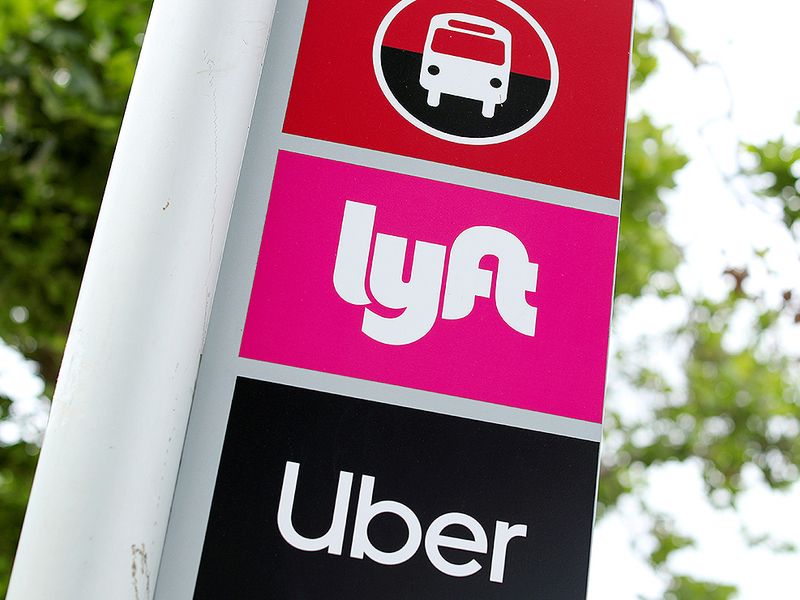
Uber Technologies Inc. said U.S. drivers on their ride-hail platforms should take advantage of pay hikes as trip demand temporarily outstrips driver supply, but warned the windfall will not last.
Uber on Wednesday said it would invest an additional $250 million to further boost driver earnings and offer payment guarantees in an effort to incentivize new and existing drivers.
Dennis Cinelli, Uber’s vice president of U.S. & Canada mobility, in a blog post told drivers to take advantage of higher earnings before pay returns to pre-COVID-19 levels as more drivers return to the platform.
Lyft Inc. on Tuesday also said drivers in the company’s top-25 markets were earning an average of $36 per hour compared to $20 per hour pre-pandemic. Those numbers include tips, but Lyft did not disclose the share of tips in earnings. Lyft is also offering additional incentives and promotions in select markets.
Uber said drivers spending 20 hours online per week in many cities were seeing median hourly earnings around 25-75 percent higher than pre-pandemic, making around $31 in Philadelphia and close to $29 in Chicago. Those earnings are after Uber’s fee but before customer tips and expenses, which drivers are responsible for as independent contractors.
The uptick in demand comes as more U.S. states lift lockdown restrictions implemented in response to the COVID-19 pandemic, vaccination rates increase and a growing number of Americans start moving again.
But ride-hail drivers, many of whom stopped driving during the height of the pandemic over safety concerns and amid sluggish demand, have been slow to return to the road.
Uber and Lyft executives have told investors driver supply was a concern as demand is expected to ramp up further. Lyft said investments to boost driver supply will create first-quarter revenue headwind of $10 million to $20 million.
Both companies have been criticized by city officials and worker advocacy groups in the past for paying too little by oversaturating markets with drivers, pushing down prices. Uber and Lyft reject those claims.
In Seattle, which in January implemented the city’s minimum wage of $16.39 per hour for ride-hail drivers, a city-commissioned study found drivers net only about $9.70 an hour, while a study of data provided by Uber and Lyft showed most drivers’ earnings are roughly in line with the city’s median.